As we head into the holiday season, we will be faced with many, many opportunities to overindulge, undoubtedly including a few extra cocktails! Because alcohol has become such a big part of our social culture, it naturally trickles in a bit more this time of year.
While taking an extra drink (or two) every now and then is generally ok, there are some truths about alcohol you may not be aware of.
The hard truth: what alcohol really does to your body
First, alcohol is a diuretic (i.e. makes you pee more than usual) and its tendency to dehydrate the body is what gives us the typical hangover symptoms like nausea, headache, extreme thirst, palpitations, sensitivity to light, poor motor skills, achy muscles – just to mention a few.
Let’s travel the path of an alcoholic beverage in the body:
After a drink is ingested, alcohol is rapidly absorbed into the blood (20% through the stomach and 80% through the small intestine), the effects of which are generally felt within only 5 to 10 minutes post-ingestion.
Once in the bloodstream, alcohol makes its way into almost every biological tissue in the body, including all of your organs, because cell membranes are highly permeable. The peak is usually observed in the blood around 30-90 minutes after.
And you thought alcohol only affected the brain and the liver — nope, it’s a full body experience!
Now that you know some of the effects of it, when you do choose to imbibe, we wanted to offer some really practical advice this holiday season – tips that you might actually use!
Holiday Hangover Prevention 101:
First off, we want to urge you to cut yourself some slack when you do overindulge – because you will – you’re only human.
However, indulging in alcohol, like binge drinking on a single occasion as well as drinking multiple days in a row – can have so many far-reaching negative effects on the body, more so than when you just indulge with an extra dessert or go crazy with the spinach dip!
Actionable hangover prevention tips: Mind your A’s, and take your B’s and C’s
Take 500-1000 mg of Vitamin C before you begin consuming alcohol. This will help to lower the acetaldehyde that your liver creates as a by-product to the breakdown of ethanol (pure alcohol).
Acetaldehyde is 10-30 times more toxic than the ethanol itself, and is by far the most damaging, not to mention – aging alcohol toxin.
For more targeted supplemental prevention measures, you could also take NAC (n-acetyl-cysteine), L-glutathione and Vitamin B1 (thiamine) or a B-complex – at least 30 minutes before you have your first drink.
Eat up to slow down.
Eat at least a small meal before you imbibe (or while you’re having some drinks) to slow down the rate of alcohol uptake into your bloodstream. This would preferably be something containing protein and healthy fats.
There’s more than just the “foodie experience” of pairing cheese with wine!
This may also help you to stop mindlessly munching on all of those salty, creamy and fatty holiday foods because drinking a moderate amount of alcohol has been shown to increase our appetites, not reduce it.
Here are the basics of being a smarter sipper:
- drink higher quality liquor
- skip the sugary mixes
- consider watering down your booze
- think about post detox methods to help provide nutrients and rejuvenation to organs
But let’s break that down a little bit more…
1. Your best bets for booze with little to no congeners are:
- gluten-free beer – which is also relatively low alcohol
- good quality craft beer
- organic red wine
- organic white wine
- gluten-free vodka (preferably potato, not corn)
- high-quality gin
- 100% agave tequila
By the way, congeners are considered toxins or impurities that occur in alcoholic beverages due to the distillation or fermentation process.
Examples of congeners in wine are sulphites – the chemical compounds that stop bacterial growth and act as preservatives.
Sounds pretty innocuous, beneficial even – but inside the digestive system, these break down and create sulphur dioxide, which can trigger headaches. In asthmatics, it can even cause breathing problems.
2. Your not-so-great alcoholic beverage options are:
- regular beer
- dark liquors (= lots of congeners + paired with dark, sugary mixes)
- sugary liqueurs
- regular red wine (you would be shocked at the poor quality, fillers & preservatives of most wine!)
- regular white wine or worse – cheap sparkling wine.
3. Get mixed up!
Sparkling water (no sodium), unsweetened pure coconut water, naturally decaffeinated green tea and kombucha (fermented tea) all make good hydrating, low/no-sugar drink bases – so get creative!
Drink more…water. Drink gobs of water before and during your alcohol intake. A good rule of thumb is for every alcoholic drink you consume, drink 2 glasses of water in between. Then, after an evening of drinking, drink another 2 huge glasses of water before bed.
You can also replace 1 glass of water with pure, unsweetened coconut water, which is naturally loaded with potassium + add a pinch of sea salt or pink salt in it.
But why coconut water + salt? Alcohol also depletes our electrolytes so this is a simple, yet effective electrolyte replenishment combo.
Better yet – here’s an incredibly easy recipe to get those electrolytes back in fast!
Mix up the following:
1 packet of ElectroMag Lemon Lime
1 cup of pure, unsweetened coconut water and then add a pinch of pink salt
You’ll want to drink 1 or 2 cups of this mixture in the morning to head off, the after-party electrolyte slide. Another 500-1000 mg of Vitamin C would be a good idea at this time too. Again, it’s about replenishing what’s been lost during alcohol consumption: water, vitamins + minerals, especially electrolytes (Potassium, Magnesium, Calcium, Sodium & Chloride). To choose a magnesium that may help you with the aftermath of a night out visit: magnesium.ca.
There you have it – some surprisingly simple things you can do to “hack your hangover” and indulge mindfully.
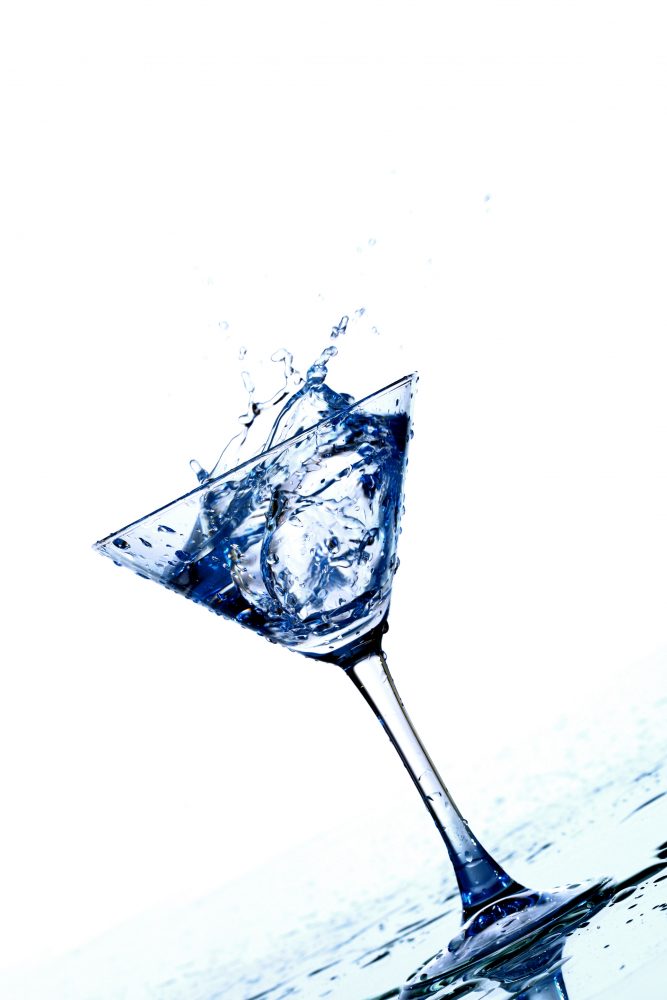
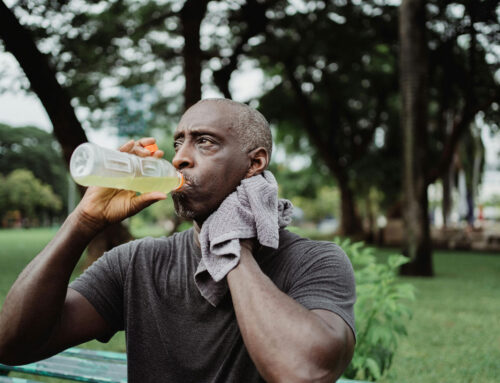
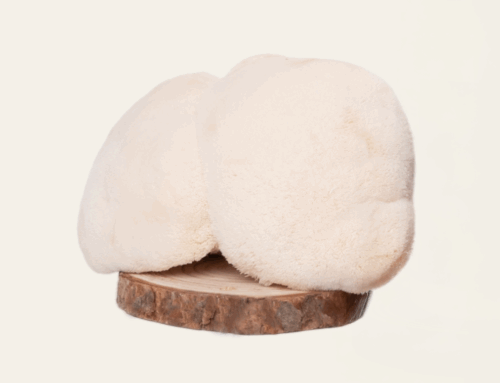
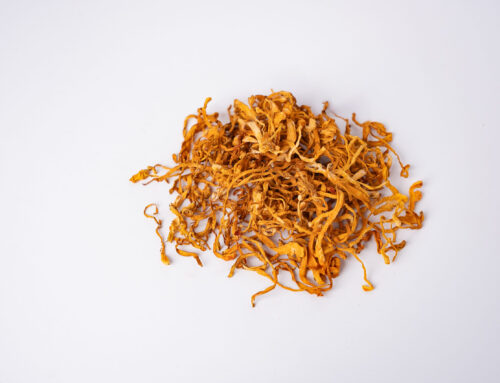
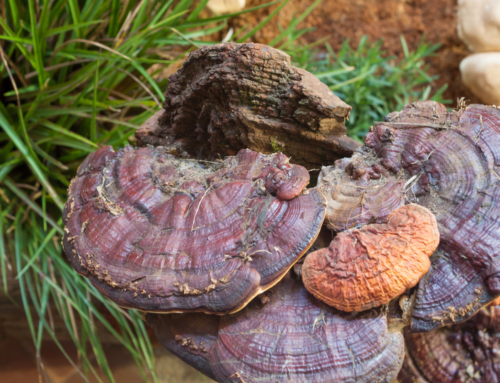


thanks for sharing this post. Glad I came across this valuable article.